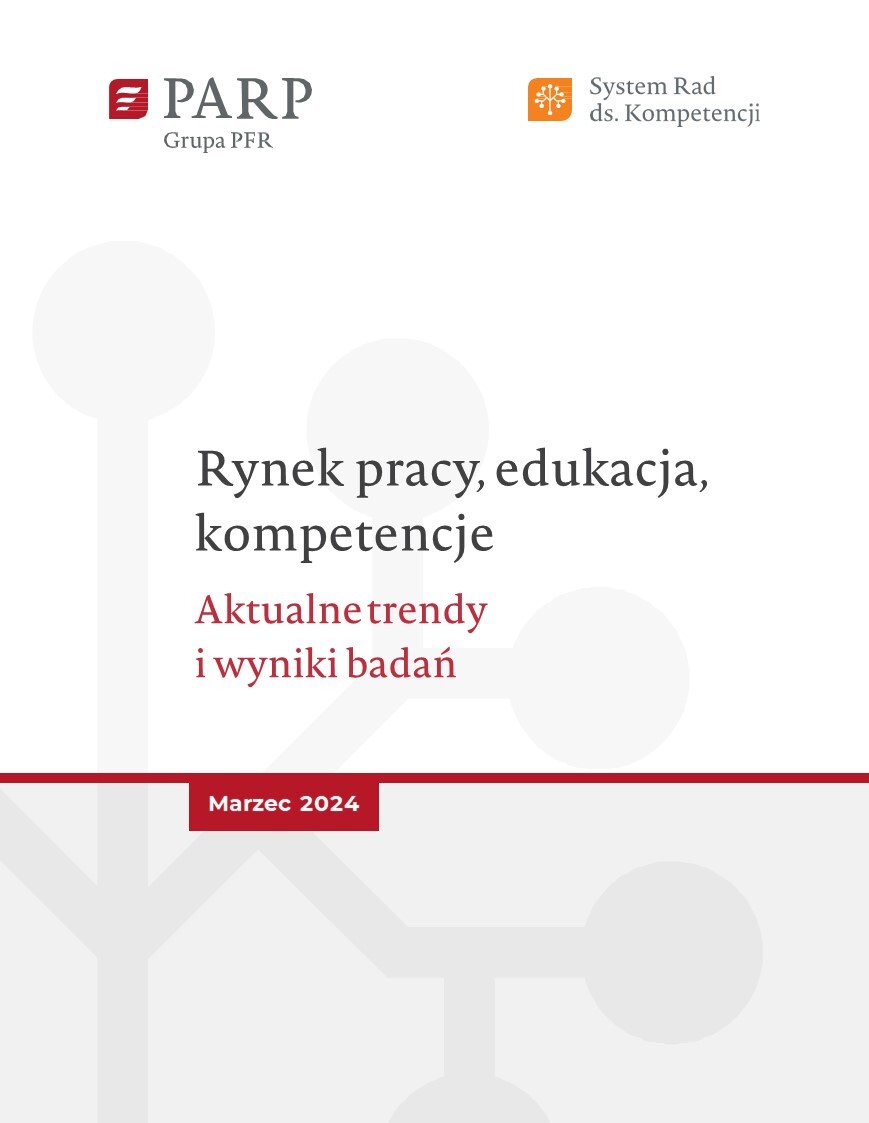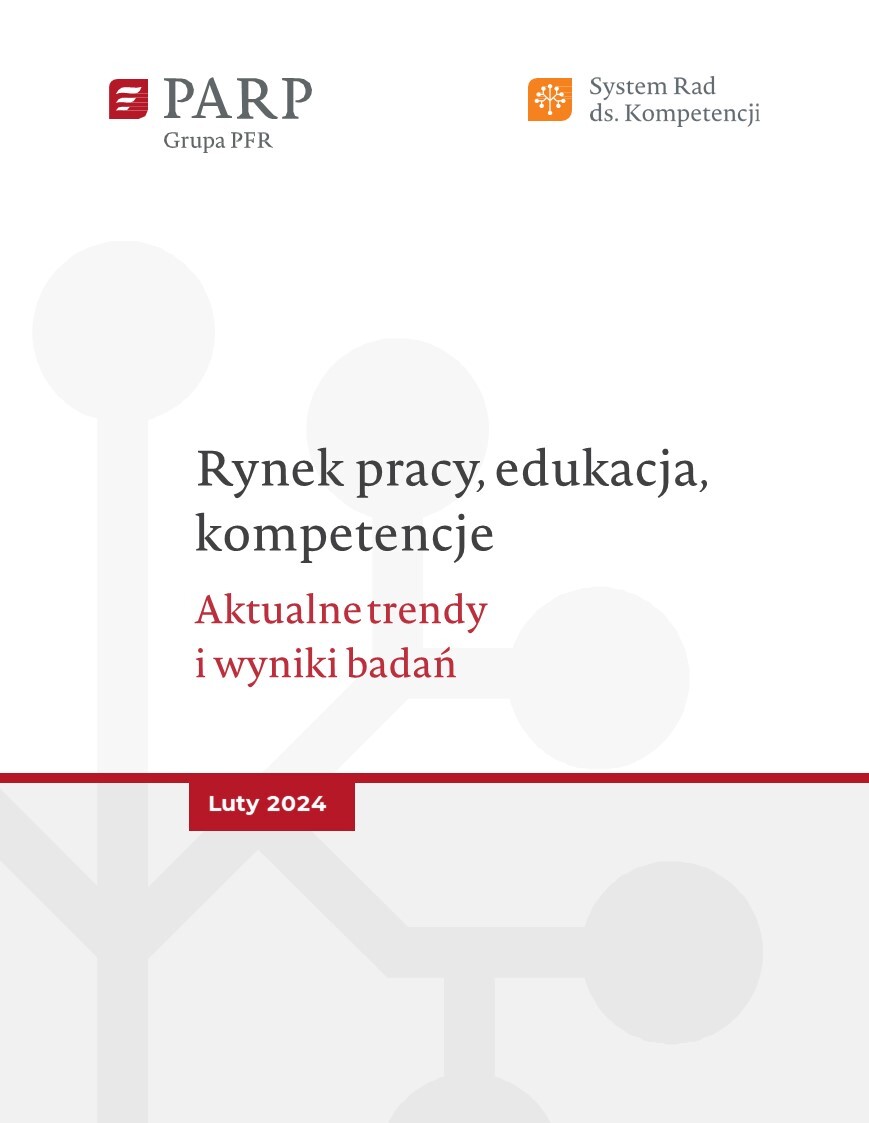Udzielamy informacji o programach pomocowych realizowanych przez PARP.
The Hidden Human Capital - Additional Capacities of the Polish Labour Market (EN)
Seria: Study of Human Capital in Poland
Rodzaj publikacji: Report
Rok wydania: 2015
Język: EN
ISBN: 978-83-7633-392-2
Pobierz wybrany format publikacji:
This report completes the series of five reports summarizing the subsequent rounds of the Study of Human Capital. The project was carried out at a difficult time for the labour market in almost all countries of the European Union – to limit ourselves only to this closest system of reference. In Poland, the consequences of global crisis were clearly felt despite the fact that the country succeeded in maintaining its economic growth rate. The Polish employers have protected jobs for many years after 2008, but the number of jobs has not been growing, which significantly hindered entry to the labour market for graduates of different levels, including university graduates. The worst situation in the labour market was seen in the first half of 2013. These phenomena have been described in our subsequent reports.
Tension in the labour market is present in many European countries. Everyone is aware of these facts. The very high unemployment among the young people is a particularly severe problem. Countries of the Mediterranean region – Greece and Spain in particular - experience exceptional hardships. Germany and Austria fare the best, owing to a mixture of factors, which include the dual vocational training system, the structure of the economy (having a large share of production enterprises strongly competitive in the international markets and the resulting reduced susceptibility to economic slump), reforms of the labour market conducted before the crisis and certain demographic factors, which sometimes are underappreciated. As the Polish economy has strong ties with the German one, it profited from its resilience. The possibility to devaluate the exchange rate of the Polish currency, improving competitiveness of the Polish export, also played a certain buffer role. The overall economic situation is improving, which has already resulted in a decline in unemployment. Obstacles for the young people attempting to enter the labour market, also typical for Poland, have their strong condition-dependent (cyclical) element, which causes the reduction or slow-down in the creation of new jobs. This is compounded by educational mismatch, which becomes especially acute when the employers seek people to work mainly due to staff rotation and not as part of the expansion process.
Due to the demographic situation, which is particularly severe for Poland due to the coupling of the demographical low with significant emigration, the improvement of the economic situation and competition for workers in many countries of the OECD threatens a medium-term deficit in the workforce. In the longer perspective, we could experience a rapid ageing of the society, an increase in the demographical burden, and slow-down in growth, caused by deficits associated with labour. To maintain the competitiveness of the economy and to ensure growth, it will be necessary to base the economy on innovation, the use of new technologies and on highly competent personnel, which means a higher level of human capital and technological progress. This poses serious challenges for the education system, formal and non-formal alike, of children and young people, as well as adults in the lifelong learning process.
Spis treści
Chapter I Occupations and competences – confrontation of supply and demand.
Chapter II Gender segregation in the Polish labour market
Chapter III Quality of work after graduation treated as return rate on university education
Chapter IV Reasons for and consequences of educational passivity of adult Poles
Chapter V Specifics of the situation of occupationally active disabled persons in the polish
Chapter VI The grey side of the labour market
Inne publikacje, które mogą Cię zainteresować











